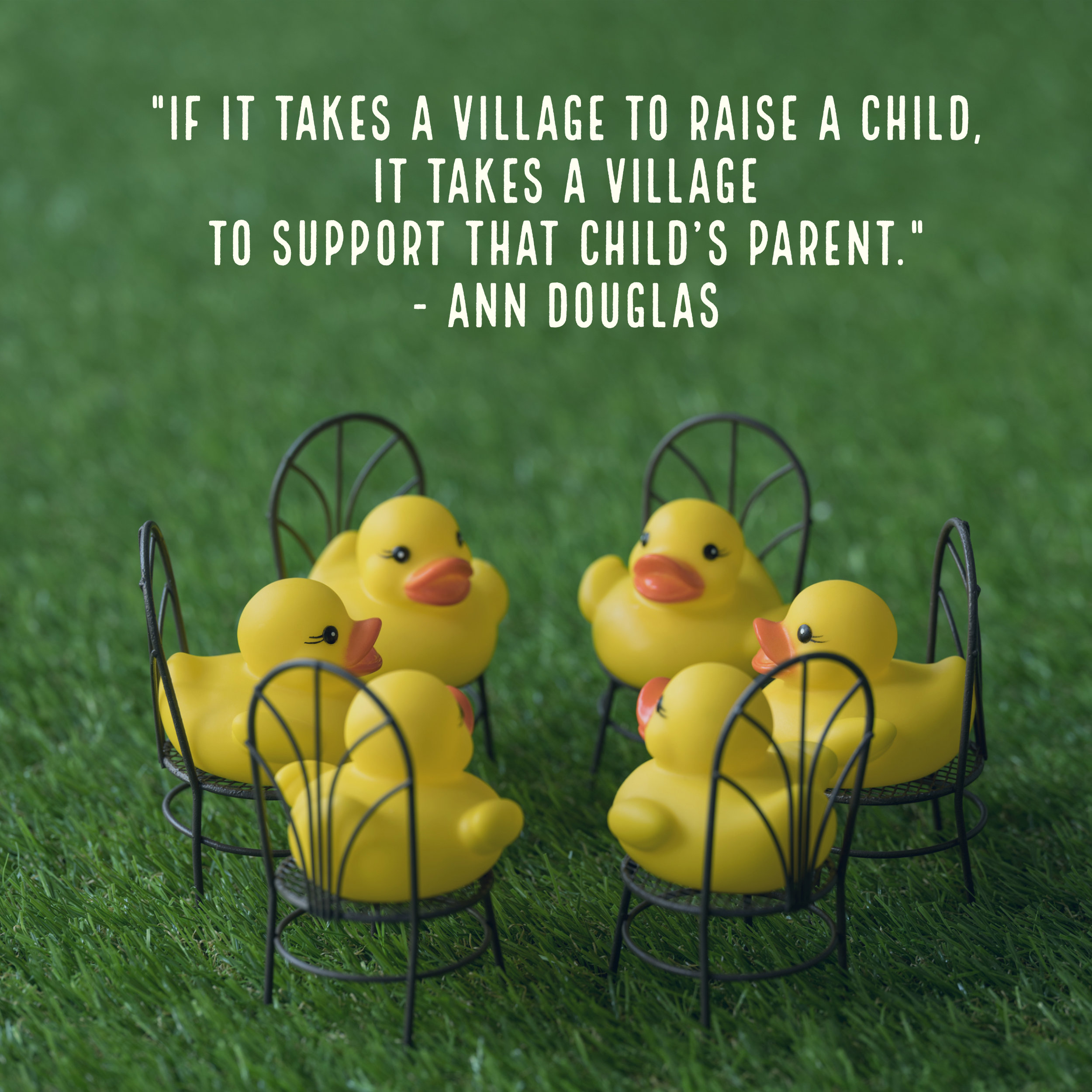I spent Wednesday volunteering with Children First Canada at their National Child Day event in Ottawa. What follows are the highlights of what I heard at the conference (which focused on Canada’s commitment to upholding the rights of children), plus a few snapshots of the powerful artwork created by some of the children and youth who attended.
We have a long way to go as a country when it comes to achieving our goal of becoming the best place in the world for children for children to grow up. Canadians think we’re doing a better by our kids than we actually are. The good news is that when Canadians do hear about how bad things really are for children and youth, they are genuinely shocked and they want Canada to do better.
Some of the artwork created by children and youth at National Child Day in Ottawa.
When things are bad for children, they are almost unspeakably bad. Children are suffering and being traumatized. They are hurting and they are being hurt. They are struggling to survive. Sometimes they aren’t actually able to survive: not because of any failing on their part, but because we failed them. We’ve tolerated inequities. We’ve overestimated what kind of job we’re doing when it comes to raising up a generation of happy, healthy kids. We’ve failed to understand the gravity of the situation. We’ve allowed children to fall into the gigantic gap between what former Ontario Child Advocate Irwin Elman calls “the nice words of government” and the reality of what children are actually experiencing on the ground.
We need to ignite a spark of outrage in Canadians – to “push beyond the platitudes,” as Children First Canada CEO Sara Austin put it. We need to move forward with both optimism and urgency. We have the data. We have the solutions. We just need the personal and political will to make things happen. And there’s so much we can learn from the Indigenous worldview. As Grand Chief Alvin Fiddler of the Nishnawbe Aski Nation put it: “If you want to make change anywhere, start with the kids.” Start with the kids, indeed.
“Children should have a voice in politics and policies.”
It will be challenging to move certain policies forward, given that we’re heading into a minority parliament. Michele Austin, Head of Government, Public Policy, and Philanthropy at Twitter Canada, recommends that citizens and organizations advocating on behalf of children emphasize the benefits to the incoming government of taking action on this issue. Messages are more likely to be heeded by the Liberal minority government if they’re framed along the lines of, “This will bring you votes that will move you into majority territory.”
It is also important to build consensus on key issues outside of political circles — by connecting with parents, grandparents, and others who care about children. As Jennifer McLeod Macey (Vice President, Public Affairs, IPSOS) noted, “Noisy people get things gone.” We need to find those noisy people and amplify their voices.
That’s going to mean having some brave conversations: conversations that cross generational, cultural, and political divides. We need to allow children and parents to speak frankly and honestly about just how anxious they are about both the present and the future. And then we need to commit to taking concrete action to make things better. We can’t just pay lip service to these issues. We can’t just talk about being a country that cares about children. We have to be prepared to walk the walk.
That means listening—really listening—to the many calls to action we are hearing from children and youth. I took a few minutes to read through the posters they created today and I was moved by so many of their messages. Here are just a few of the messages that will stick with me long after today:
“I wish people listened about the environment.” “I wish the Earth was still nice.”
“I wish people listened about the environment.”
“I wish the Earth was still nice.”
“Children should have a voice in politics and policies.”
And on one of the many mental health posters, a simple, “Help.”
Children and youth at the conference told us that they want us to be real about what we’re actually prepared to do to make things better. They want us to know that they will hold us accountable if we merely go through the motions of listening; or if we fail to back up that listening with action.
We owe it to them as a country to do more and better.
Let’s honour that promise, starting right now.
Ann Douglas is the author of numerous books about pregnancy and parenting including, most recently, Happy Parents, Happy Kids and Parenting Through the Storm. She is also the weekend parenting columnist for CBC Radio.






